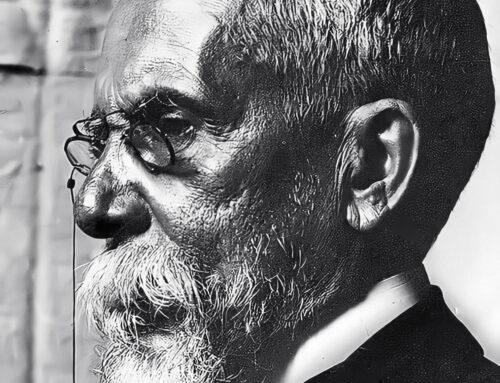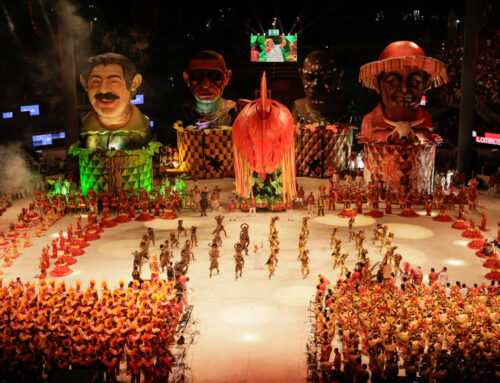Table of Contents
Contemporary Brazilian literature is a vast field of creativity and diversity. Filled with voices that narrate stories varying according to the experiences and cultures of each region of the country, this literature presents a multifaceted portrait of Brazil. In this article, we will dive into the universe of some contemporary Brazilian authors, exploring their origins, life trajectories, and most significant works.
Milton Hatoum (Manaus, AM)
Milton Hatoum was born in Manaus, Amazonas, and is one of the most recognized contemporary Brazilian authors. His work is marked by the depth of exploration of themes such as family, memory, and identity. Hatoum is known mainly for his trilogy composed of “Relato de um Certo Oriente”, “Dois Irmãos”, and “Cinzas do Norte”, works that reflect the complexity of familial and social relations in the Amazon context. The narrative of “Dois Irmãos”, for example, unveils the tensions and affections of a family of Lebanese origin living in Manaus, becoming a classic of contemporary Brazilian literature.
More recently, Hatoum undertook a new literary project, the trilogy “O lugar mais sombrio”. The first volume, “A Noite da Espera”, dives into the lead years of Brazil, following the life of a young student who moves to Brasília amidst the political turmoil of the time. This novel explores themes of love, loss, and political awakening in a dark period of Brazilian history. The second volume, “Pontos de Fuga”, continues to explore the lives of the characters introduced in the first book, expanding their personal stories against the backdrop of a country in transformation. These novels add new layers to Hatoum’s work, consolidating his position as one of the most important Brazilian narrators, capable of masterfully intertwining the personal and the political.
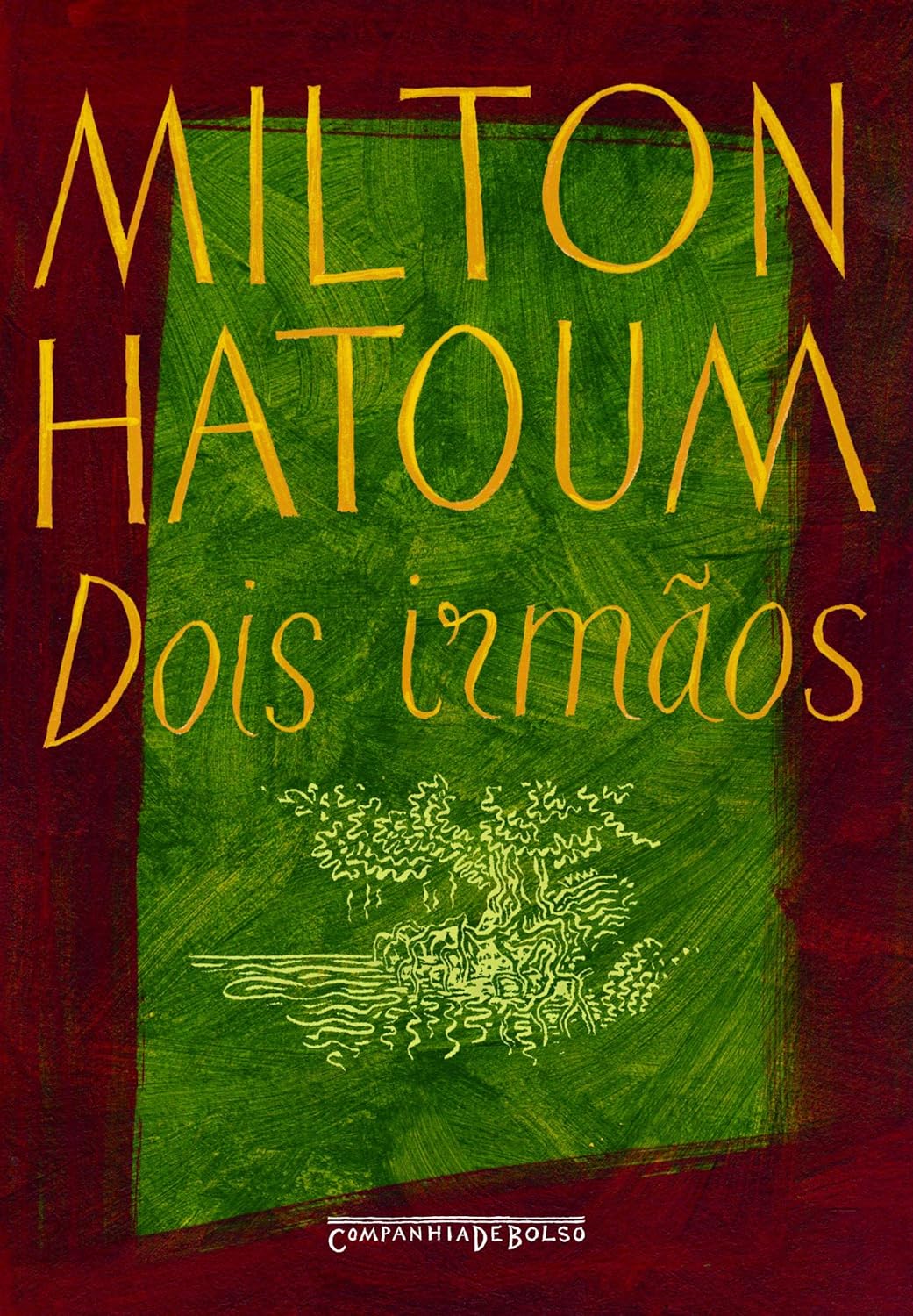
Conceição Evaristo (Belo Horizonte, MG)
Born in Belo Horizonte, Minas Gerais, Conceição Evaristo is a writer whose work is marked by the struggle and black resistance. Her literature explores the dimensions of life, memory, and Afro-Brazilian traditions. Author of “Ponciá Vicêncio” (2003) and “Becos da Memória” (2006), Evaristo uses fiction to address the life experiences of the black population, especially women, offering a critical view of Brazilian society. Her writing is an invitation to reflect on identity, racism, and social exclusion.
In recent years, Conceição Evaristo continued to enrich the Brazilian literary scene with works such as “Poemas da recordação e outros movimentos” (2017) and “Canção para Ninar Menino Grande” (2018). “Poemas da recordação e outros movimentos” brings together poetry that moves between the personal and the collective, between memory and hope, standing out for its emotional depth and social commitment. In “Canção para Ninar Menino Grande,” Evaristo offers an engaging narrative that, although it can be read as a fable for adults, delves into deep themes such as loneliness, pain, and solace through care and affection. Both works consolidate Evaristo’s position as an essential voice in Brazilian literature, whose works continue to challenge, move, and inspire readers around the world.
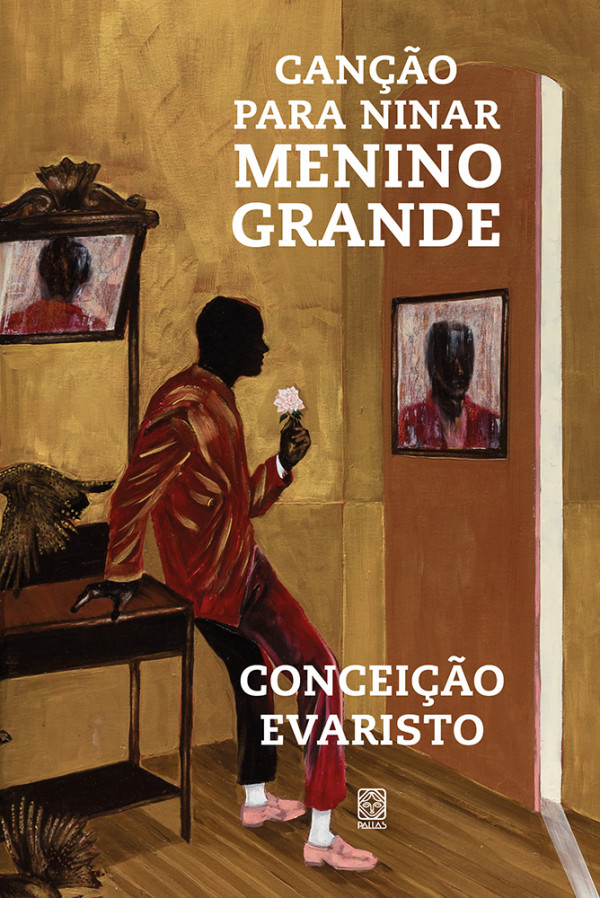
Daniel Galera (São Paulo, SP)
Daniel Galera is a writer and translator born in São Paulo, but raised in Porto Alegre, Rio Grande do Sul. Galera stands out in contemporary Brazilian literature for his narratives that often explore youth, disillusionment, and the search for identity. “Barba Ensopada de Sangue” (2012) is one of his most emblematic works, telling the story of a man who moves to a small coastal town to unravel the mystery behind his grandfather’s death. The work is a reflection on loneliness, violence, and belonging.
Continuing his literary trajectory, Daniel Galera recently released “O deus das avencas” by Companhia das Letras in 2021. In this work, Galera delves deeply into themes such as human nature, interpersonal relationships, and the impact of personal choices through an engaging and tension-filled narrative. The author’s ability to create complex characters and intriguing situations is present, consolidating his position as one of the most talented writers of his generation in Brazil.
Additionally, in 2020, Galera published “Twenty After Midnight” by Penguin Books in the United States. This international release marks an important moment in the author’s career, bringing his ability to weave captivating stories about the human condition to a wider audience. Set after a tragedy that deeply affects its characters, the book is an investigation into guilt, memory, and the search for redemption. The publication of “Twenty After Midnight” in English not only expands the reach of his works but also highlights the universal relevance of the themes addressed by Galera.
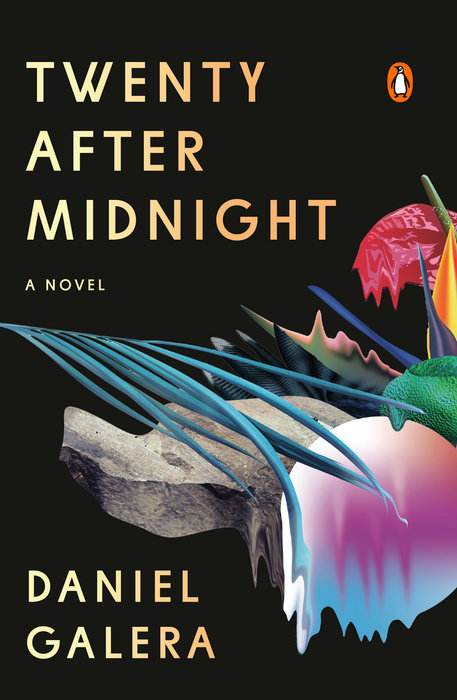
Adriana Lisboa (Rio de Janeiro, RJ)
Adriana Lisboa, born in Rio de Janeiro, is an author whose work is recognized for its poetic depth and delicacy. Her novels, such as “Sinfonia em Branco” (2001) and “Azul-corvo” (2010), explore the nuances of human relationships, memory, and the search for meaning. Lisboa, who currently resides in the United States, uses her transcultural experience to enrich her narratives, creating stories that cross geographical and emotional borders.
Continuing her successful literary trajectory, Adriana Lisboa released “O sucesso” by Rocco in 2016. In this work, Lisboa delves into the lives of characters who, in different ways, seek what they consider to be success, whether in personal, professional, or artistic life. The author constructs an engaging plot that questions true values and the consequences of our choices in the relentless pursuit of success.
In 2018, Adriana Lisboa gifted us with “Pequena música”, published by Iluminuras in São Paulo. This book collects short stories that explore, with the author’s usual delicacy and depth, moments of revelation and transformation in her characters’ lives. “Pequena música” is a work that distills the essence of the human experience in brief narratives, standing out for Lisboa’s ability to create dense and exciting atmospheres capable of deeply and enduringly touching the reader. Through these recent publications, Adriana Lisboa reaffirms her place as one of the most singular and expressive voices in contemporary Brazilian literature.
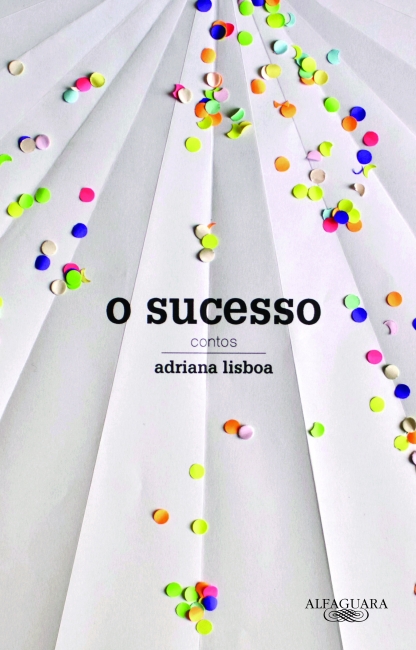
Michel Laub (Porto Alegre, RS)
Michel Laub, born in Porto Alegre, is the author of a body of work that focuses on memory, identity, and guilt. His novel “Diário da Queda” (2011) is an intense reflection on the legacy of the Holocaust, the construction of Jewish identity, and the relationship between parents and children. Laub uses the form of a diary to construct a narrative that is both personal and universal, standing out as an important voice in contemporary Brazilian literature.
Continuing his exploration of complex and personal themes, Michel Laub released “O Tribunal da quinta-feira” in 2016. In this novel, the author delves into the devastating consequences of a mistakenly sent email, triggering a series of events that reflect on the nature of friendship, digital age privacy, and the weight of words. The work is a sharp investigation of contemporary human relationships, marked by Laub’s precise prose and penetrating gaze.
In 2020, Laub presented “Solução de dois estados”, reaffirming his ability to address moral and political dilemmas with depth. In this novel, he explores the Israeli-Palestinian conflict through the story of a Brazilian writer who faces his own contradictions and prejudices during a trip to Israel. With an approach that is both intimate and political, “Solução de dois estados” is a relevant and provocative work, engaging with urgent issues of the contemporary world. These recent publications solidify Michel Laub’s position as one of the most important authors in current Brazilian literature, capable of illuminating the shadows of the human condition with his lucid and challenging writing.
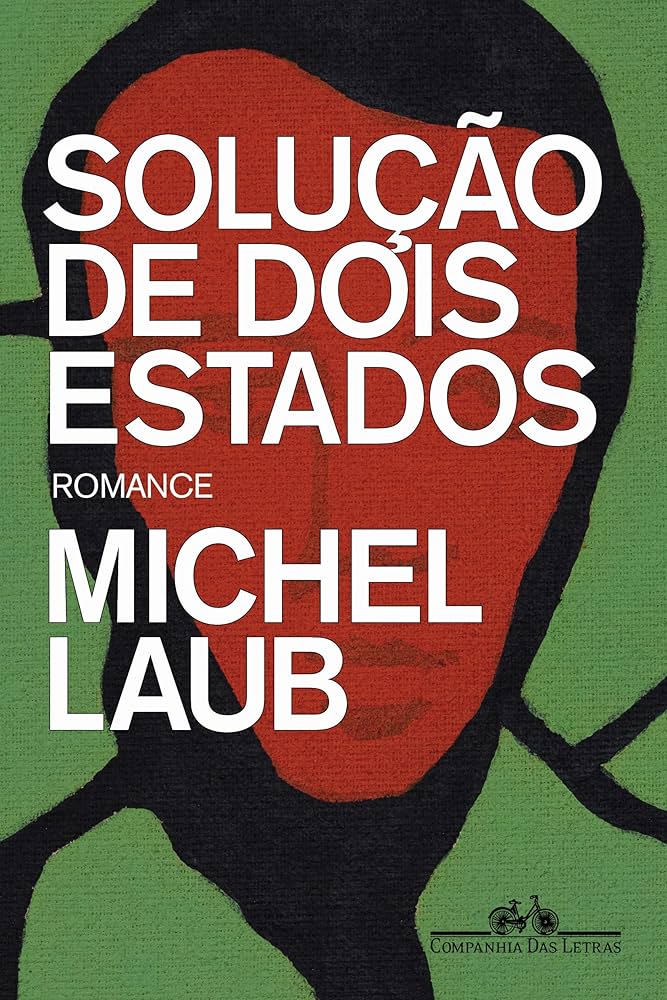
Contemporary Brazilian literature is rich and diverse, reflecting the many faces of Brazil. Through the works of these authors, it is possible to glimpse the different aspects of Brazilian culture, society, and history, as well as the universal issues of the human condition. These writers, with their unique life stories and impactful works, significantly contribute to the country’s literary landscape, offering readings that are both challenging and enriching.



